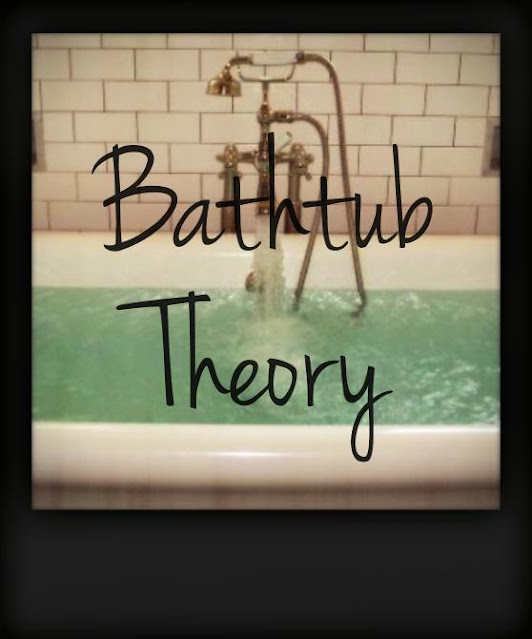For me it goes like this...
1) NOTICE. I can't change anything I don't notice. I notice my own strong negative feeling and how it's affecting me physically. Or I notice that someone close to me is having a strong emotion and how it's making me feel physically. Step 1 glides right into step 2.
2) FEEL it in my body. Does my chest feel tight? Has my breathing sped up? Are my shoulders rising?
3) CHANGE. I slow my breathing intentionally or take a deep breath if my breathing stopped. If the negative emotion is external then typically the person will also take a deep breath automatically. I relax my shoulders and check my posture.
4) VISUALIZE. If the emotion is particularly strong, it is helpful for me to take a moment for some internal visualization. I picture the emotion as water washing over me, but not through me. Or I'm sitting on a riverbank watching the emotion go by, floating on a leaf. Sometimes I picture my emotion is a stone that I'm holding in my hand. This helps me examine it more closely. Why am I feeling this? What can I do to resolve it?
For example... Something happens to make me feel angry.1) I notice that I'm feeling angry.
2) I feel the anger as a knot in my stomach and see that my fists are clinched.
3) I actively unclinch my fists and start deep belly breathing.
4) I hold the anger as a fire ball in my mind and examine it. What just happened? If my anger is valid, I imagine I let it go like a dragonfly into the universe. If not I look within to see why what just happened made me feel so angry. Am I instead feeling afraid, vulnerable? Anger is often a shield for other emotions.
I can easily go through life being continuously reactionary. It's not at all hard to do. I'm very empathic and pick up on other's emotions easily. Being able to filter out what warrants a reaction and what is just better to let pass is the most important skill I've learned. It helps me feel calm, centered and saves my energy for much more important things like love.










